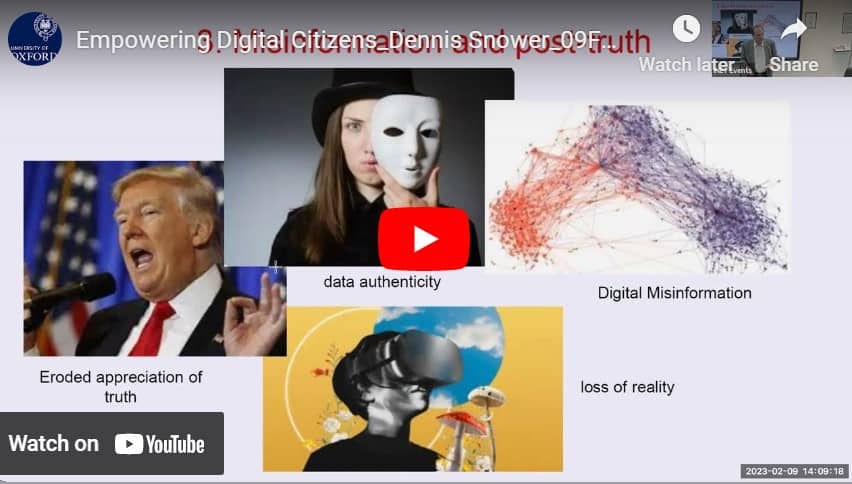Although the digital revolution has unleashed a vast array of new opportunities for economic, social and political exchange, there is a misalignment of interests between the users and suppliers of digital services. This paper identifies a central flaw of current digital governance systems: “third-party funded digital barter”. Consumers of digital services get many digital services for free (or under- priced) and in return have personal information about themselves collected for free. In addition, the digital consumers receive advertising and other forms of influence from the third parties that fund the digital services. The misalignment between the digital consumers and the digital third-party funders is responsible for a wide variety of malfunctions, which ultimately threaten the continued functioning of our economic market systems, weaken mental health, expose users to far-ranging manipulation of attention, thought, feeling and behavior; erode appreciation for objective notions of truth, undermine our democratic processes, and degrade the cohesion of our societies. The benefits from the digital revolution are not immutably tied to the current digital governance regimes. The central challenge of digital governance regimes lies in finding ways of making these regimes humanistic without sacrificing the technological benefits. The paper presents four policy guidelines that aim to correct this flaw by shifting control of personal data from the data aggregators and their third-party funders to the digital consumers. The proposals cover “official data” that require official authentication, “privy data” that is either generated by the data subjects about themselves or by a second parties, and “collective data.” The proposals put each of these data types under the individual or collective control of the data subjects. There are also proposals to mitigate asymmetries of information and market power.


